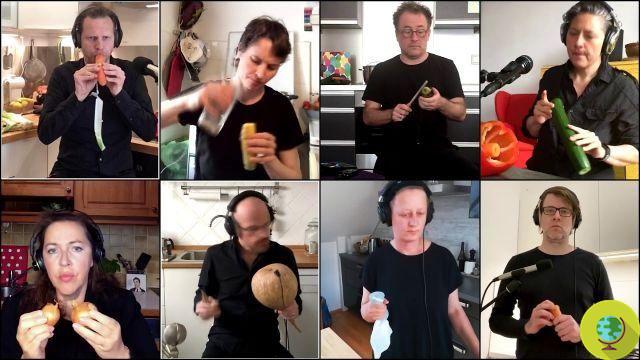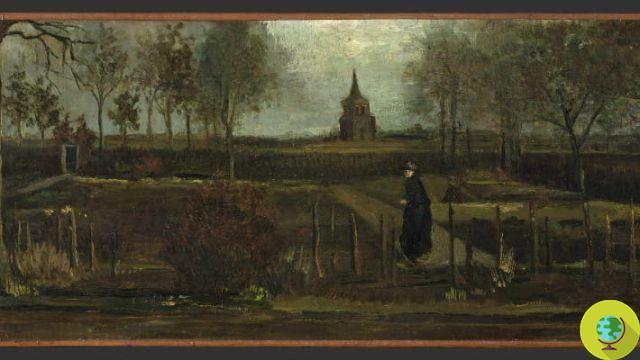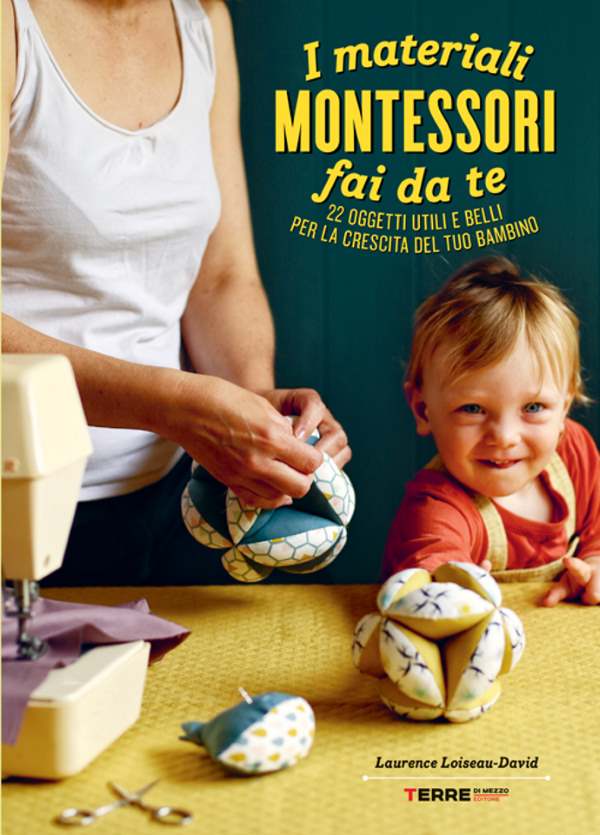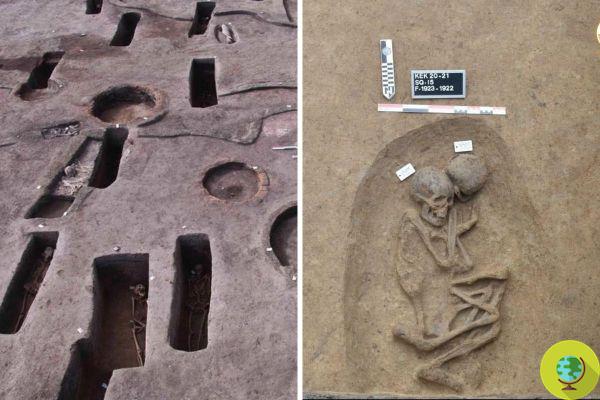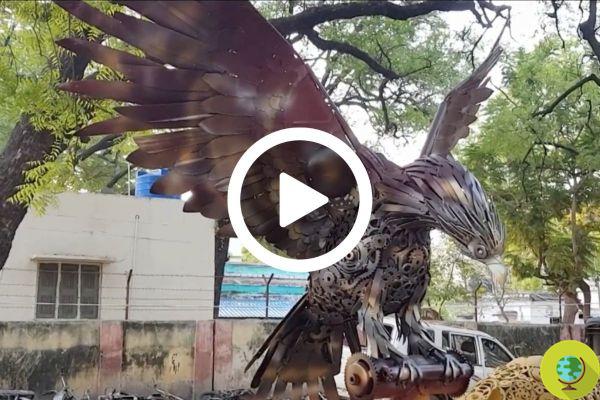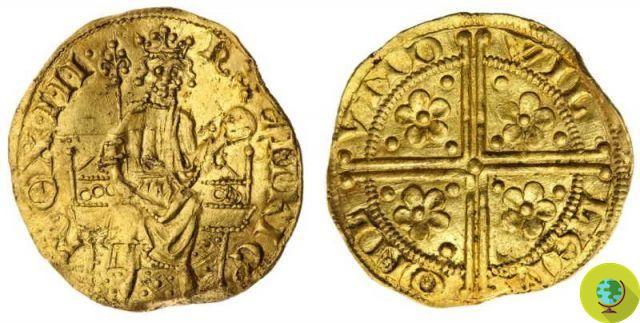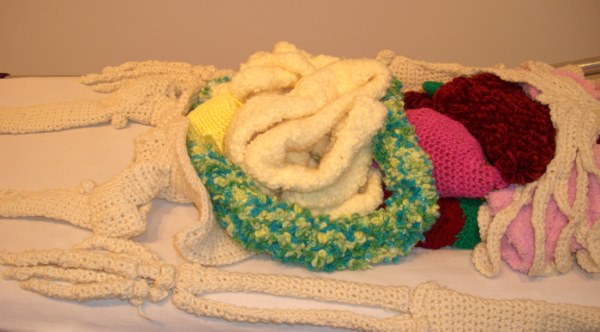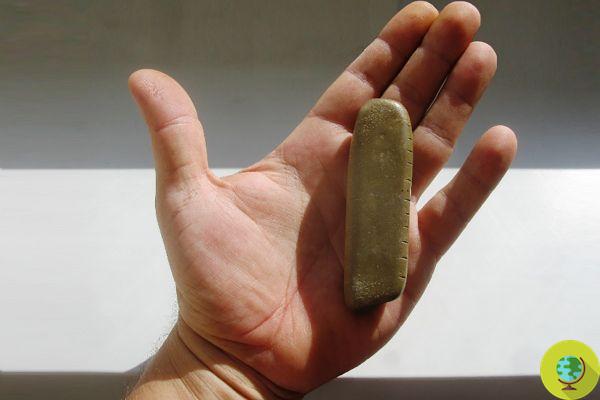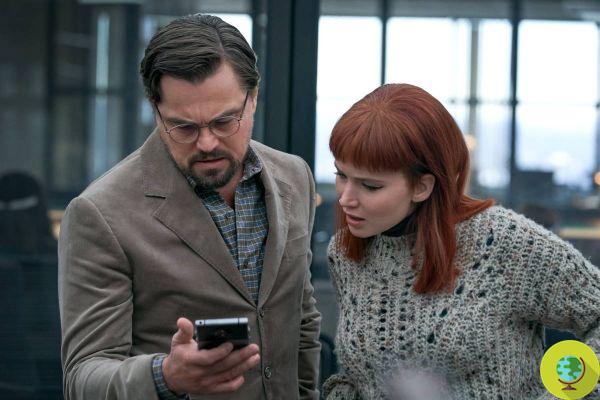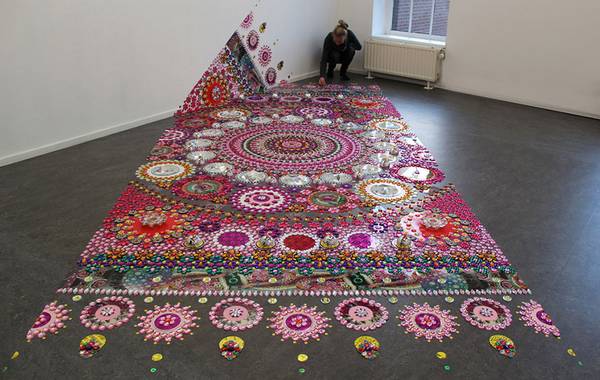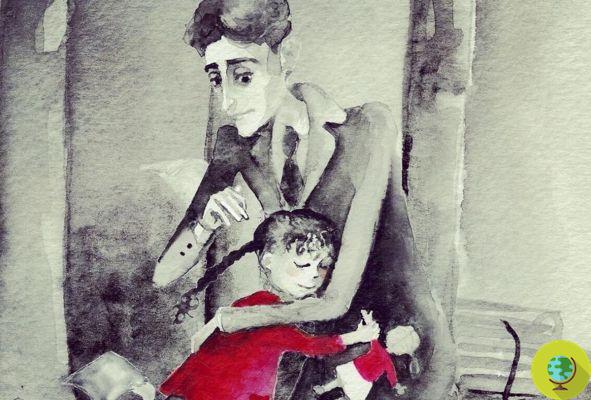
During his daily walk in the Steglitz park, Franz Kafka meets a little girl, Elsi, in tears because she has lost Brigida, her doll.
A year before his death, the writer Franz Kafka had a truly unusual experience. While strolling in Steglitz Park as he used to do every day, he met a girl who was crying in despair: she had lost her doll.
Elsi, this is the name of the child, was in tears, she wanted her lost Brigid, no one knows where. Kafka was very impressed by the way her little girl was desperate and by the intensity of her pain, so he offered to help her find her. Unfortunately, things did not go as he hoped, the doll was not found, but he invented a unique way to console the child. Secretly he wrote a letter and told the little girl that it was from her beloved doll. Brigida had gone on a trip, but she had been lucky, because he was the postman of the dolls.
"Please don't cry, I went on a trip to see the world, I'll rewrite you and tell you about my adventures," said the letter. Then followed a beautiful tale of imaginary adventures, travel and fantasy. Elsi reading those suggestive words that sent her back to distant places, she immediately felt consoled. Eventually the writer gave her a new doll, clearly different from the lost one. But her different appearance was justified by a note: "My travels have changed me".
A few years later, the little girl found a note right inside her doll that said: 'everything you love is very likely you will lose, but eventually love will change into a different form.'
This story so beautiful it doesn't seem true was told by Dora Diamond, Kafka's companion, which later became a book 'Kafka and the traveling doll' and a television transposition and contains a meeting bridge between the world of adults and that of children.
Right in the pages of Jordi Sierra i Fabra's book we read Dora's story:
“When we were in Berlin, Kafka often went to Steglitzer Park. Sometimes I accompanied him. One day we met a little girl, who was crying and looking desperate. We talked to her. Franz asked her what had happened to her and we learned that she had lost her doll. He immediately made up a plausible story to explain her disappearance. "Your doll is just on a trip, I know, she wrote me a letter." The little girl was a bit suspicious: "Are you mad at you?" "No, I left it at home, but I'll bring it to you tomorrow." The little girl, intrigued, had already almost forgotten her worries, and Franz immediately went home to write the letter.
He set to work in all seriousness, as if it were the creation of a work. He was in the same tense condition he found himself in as soon as he sat down at his desk or was just writing to someone. Among other things, it was indeed a real job, as essential as the others, because the child absolutely had to be made happy and preserved from disappointment. The lie therefore had to be transformed into truth through the truth of fiction. The next day he took the letter to the little girl, who was waiting for her in the park. The doll explained that she had had enough of always living in the same family and expressed the desire to change a little air, in a word, she wanted to separate for some time from the child, whom she loved very much. However, she promised to write every day - and Kafka actually wrote a letter every day, telling of always new adventures, which, following the particular vital rhythm of the dolls, unfolded very quickly.
After a few days the child had forgotten the real loss of her toy and was thinking only and simply of the fiction that had been offered to her as a substitute. Franz wrote every sentence of that sort of novel so accurately and humorously that the doll's situation was perfectly understandable: she had grown up, she had gone to school, she had met other people. She always reassured her child of her love for her, but also alluded to complications in her life, to other duties and other interests which, at the moment, did not allow her to resume life in common. The little girl was asked to reflect on the matter and she was thus prepared for the inevitable renunciation.
The game lasted at least three weeks. Franz was terrified at the thought of how it could all end. Because the end had to be a real end, that is, it had to allow the order to replace the disorder caused by the loss of the toy. He searched for a long time and finally decided to marry the doll. He first described the future husband, the engagement party, the wedding preparations, then in every detail the house of the newlyweds: "See for yourself that we will have to give up seeing each other again in the future." Franz had resolved a child's small conflict through art, through the most effective means he personally had at his disposal to restore order to the world. "
Source: Kafka book and the traveling doll
Read also:
- Simone de Beauvoir: history and famous phrases of the writer more current than ever
- Gabriel Garcia Márquez, story and phrases by the author of One Hundred Years of Solitude






